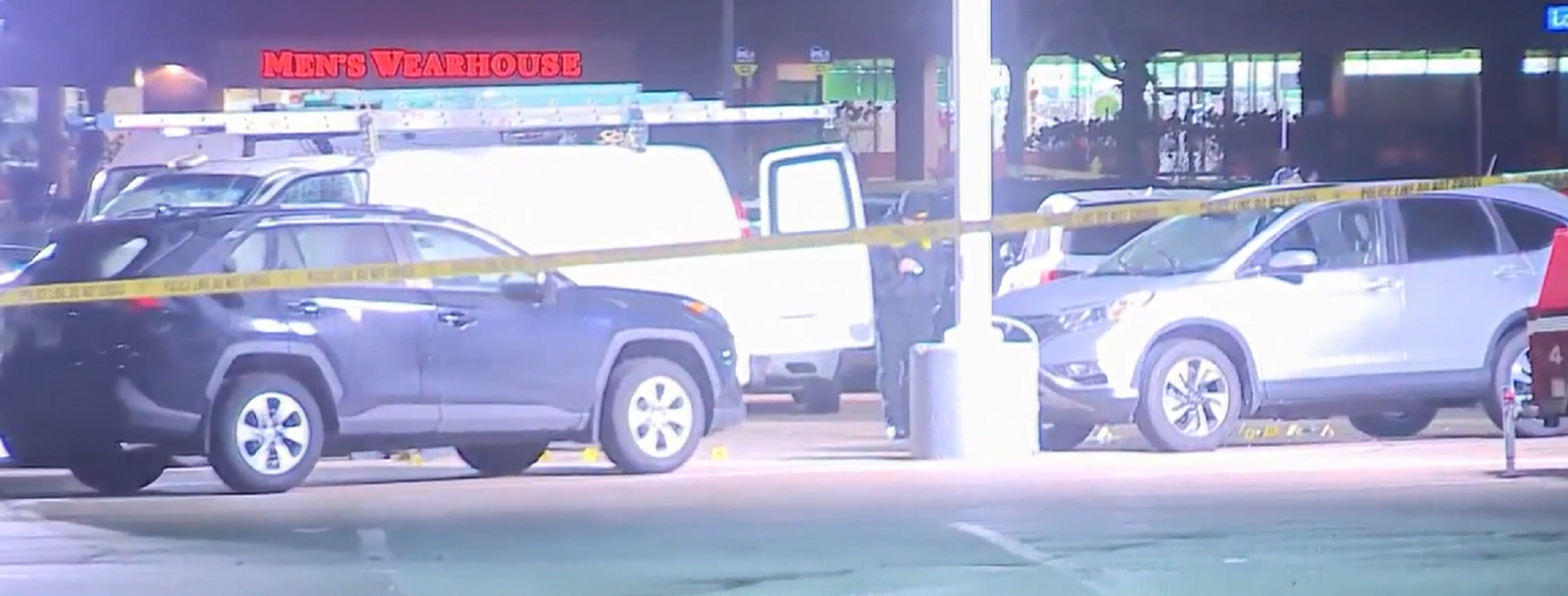Federal authorities in Chicago are targeting gun traffickers with a “strike force” unveiled earlier this year – and they say they’re willing to supersede local decisions with additional federal charges if they believe it’s warranted.
“If you look at the violent crime going on in Chicago, we have a shooting cycle to disrupt,” said Kristen de Tineo, the special agent in charge of Bureau of Alcohol, Tobacco, Firearms and Explosives in Chicago.
In July, the Department of Justice and ATF announced strike forces in Chicago and four other major metropolitan areas across the U.S., promising enhanced, sustained coordination with each city’s police department to target gun trafficking in areas both where guns are illegally purchased and where they are ultimately used to commit crimes.
De Tineo noted that most illegal guns in Chicago come from dealers within Illinois, and that most trafficking cases are built against single individuals.
“If you think there's like hundreds of guns flowing in in a big truck or a big crate, that's not happening,” de Tineo said. “Frequently it is only one or two or five or six firearms at a time that are being diverted.”
U.S. Attorney for the Northern District of Illinois John Lausch said that violent crime has “always been a primary focus” of his office but that the effort to target gun cases at the federal level has intensified in recent years as violence in Chicago continues to draw national attention.
“I do think we see our criminals in Chicago and our other large cities, frankly, more emboldened, and I think one of the reasons is, I think they don't see consequences from their actions, so they don't feel the consequences,” he said. “One, I think they don’t fear getting caught. And then I think sometimes they don't fear what happens to them after they’re caught. And that's why, you know, I continue to always talk about, both to my office and then externally, about how important it is for us to do our job.”
Local
Lausch said that while Illinois’ state gun laws in most cases are often “more powerful” than the corresponding federal laws, his office will continue to use its resources to investigate and prosecute gun crimes at the federal level.
“I think the additional resources that we can bring to bear, you know, prosecutor time, agent time, to make those cases better, gather additional evidence and then really the ability to seek the pretrial detention, I think can be impactful in disrupting the cycle of violence that, you know, sometimes that we see,” he said.
Feeling out of the loop? We'll catch you up on the Chicago news you need to know. Sign up for the weekly Chicago Catch-Up newsletter.
And amid the ongoing conversation surrounding bail reform in Cook County, efforts long criticized by Chicago Police Supt. David Brown, Lausch said that federal prosecutors have and will continue to bring parallel federal charges when they see fit.
“I mean if somebody receives bail in a case down at 26th Street, and we learn, we understand that they are a driver of violence, we will take a look at that case more quickly than we would have before in order to try it and be able to bring it here,” he said.
“If we believe that someone is a serious risk of flight, or we could show by clear and convincing evidence that they’re a danger to the community, we’re gonna want to have them detained pretrial,” Lausch continued. “And so there are instances where you will see an individual who has been arrested, and they've been released for whatever reason, in one of the counties. We'll take a look at that case and if we believe that they’re a danger to the community and we think it's an appropriate federal case to bring, we’ll bring it.”



